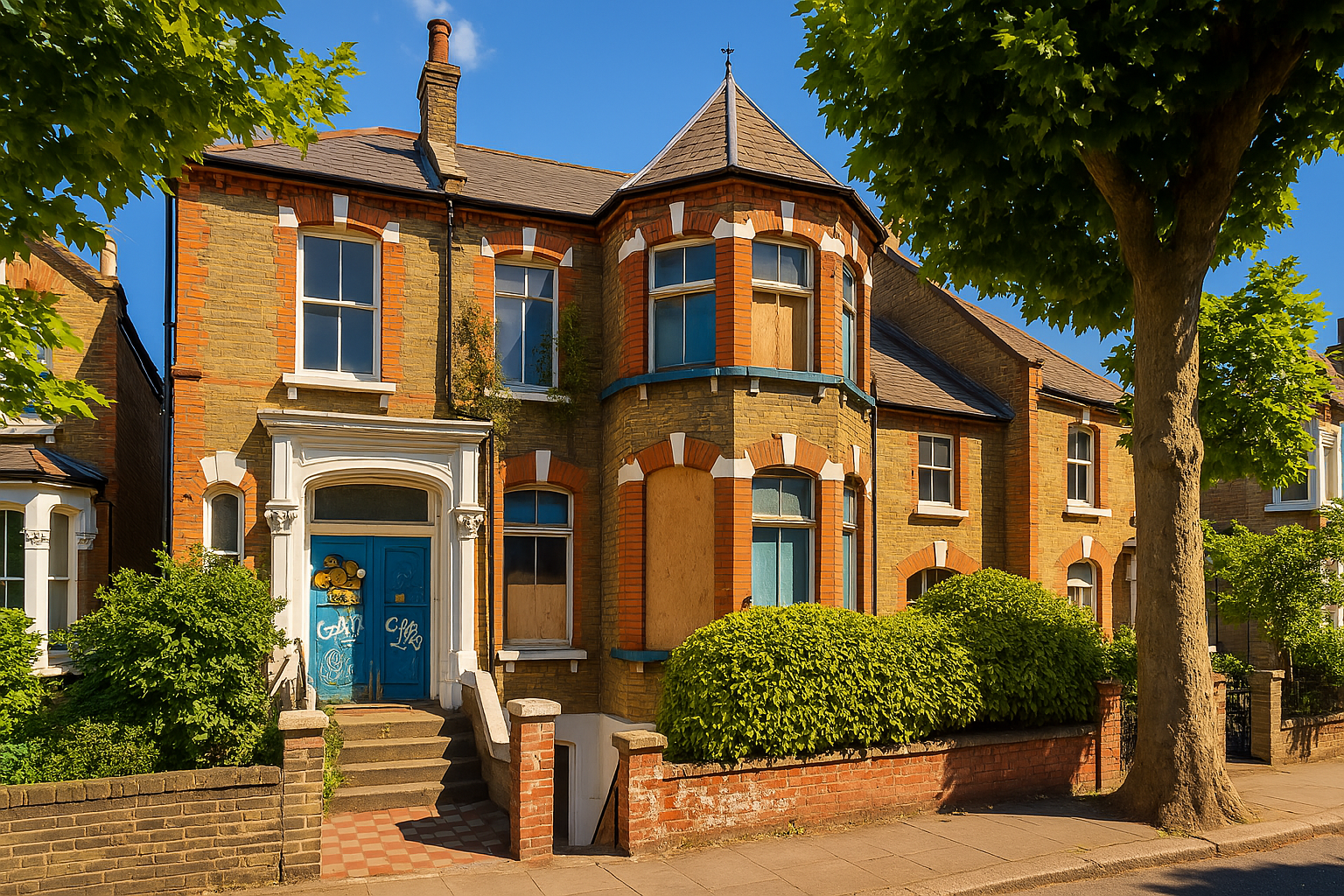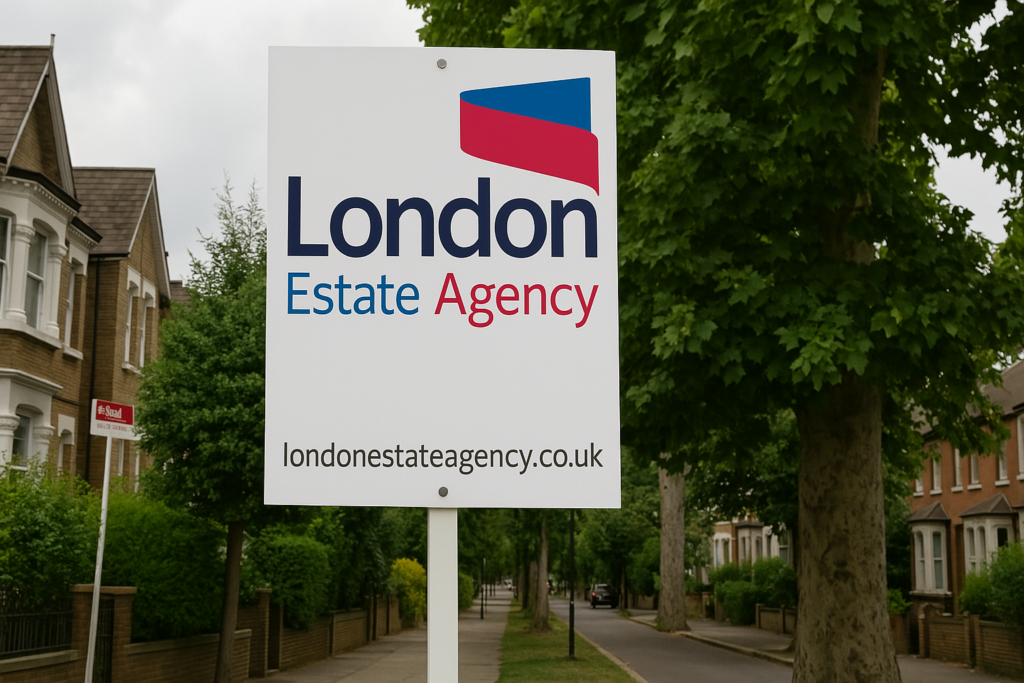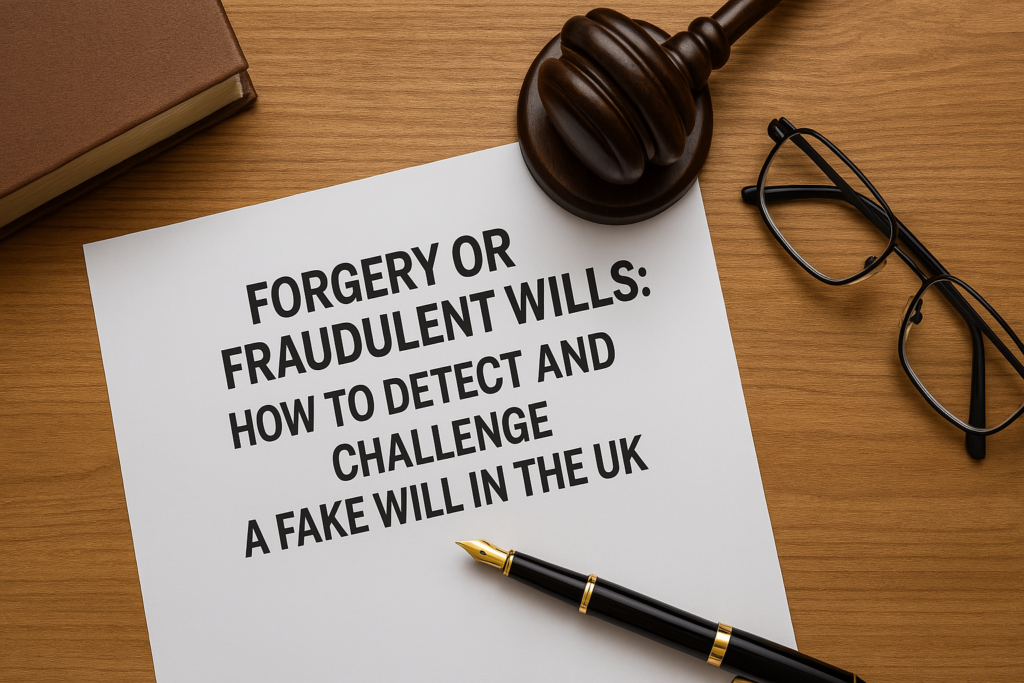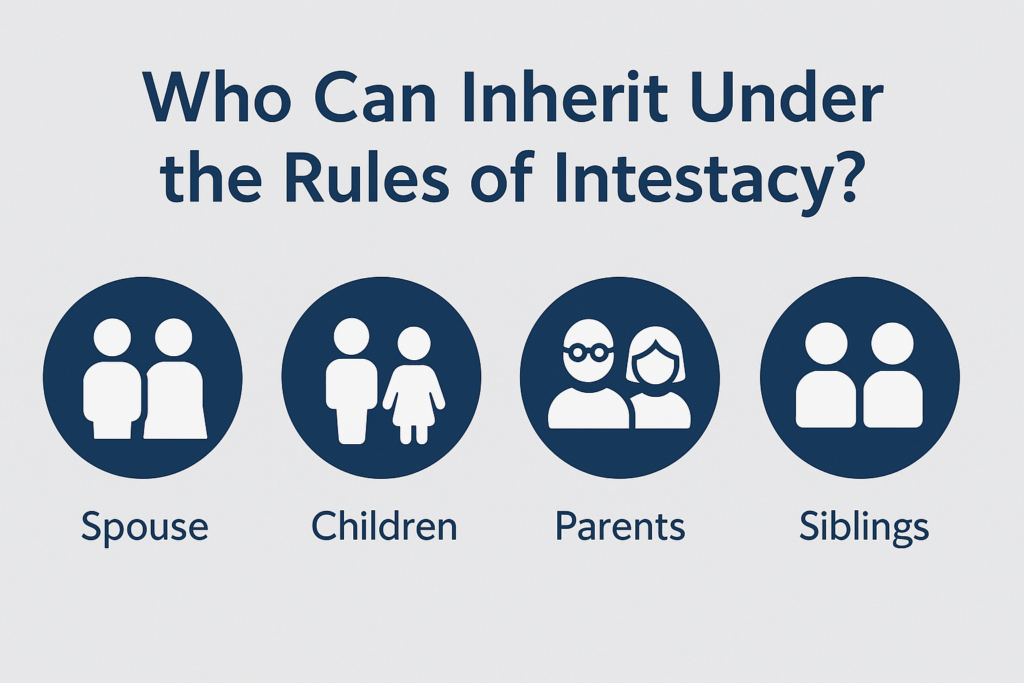At London Estate Agency, we understand how challenging the probate process can be — especially when managing property.
Whether you’re a beneficiary, executor, or simply trying to navigate the legal maze after a loved one’s passing, understanding what happens to a property during probate is crucial.
We’ve outlined the complete process clearly and in detail to help guide you through every step, ensuring you’re fully informed and prepared.
🔍 What Is Probate and Why Is It Necessary?
Probate is the legal process of administering a deceased person’s estate, ensuring debts are settled and assets, including property, are distributed according to the will or, if none exists, intestacy rules.
Probate is often required for property before it can be sold, transferred, or rented.
Without probate, the rightful heirs or beneficiaries may not legally gain control over the property.
🏠 The Role of Property in Probate
Property is often the most valuable asset within an estate. It will form part of the probate process, whether it’s a residential home, investment property, or commercial premises. Here’s what typically happens:
Valuation of the Property – The first step is to have the property professionally valued to determine the estate’s total worth for probate purposes.
Securing the Property – Until probate is granted, the executor must ensure the property. This may include changing locks, updating insurance, and maintaining the premises.
Probate Application – The executor or administrator must apply for a Grant of Probate (or Letters of Administration if no will exists) before dealing with the property legally.
Paying Off Debts & Inheritance Tax – Any outstanding debts, mortgages, or inheritance tax obligations must be settled before any property can be distributed or sold.
Selling or Transferring Ownership – Once all legalities are cleared, the property can be sold or transferred to beneficiaries.
📋 How Long Does Property Probate Take?
Typically, probate can take anywhere from 6 to 12 months, depending on the complexity of the estate and whether any disputes arise.
Property often adds to this timeline due to delays in valuations, sales, or legal challenges.
🛡️ Should You Sell the Property During Probate?
Selling during probate is a common choice, especially if:
The estate cannot cover debts or inheritance tax without selling assets.
Multiple beneficiaries cannot agree on what to do with the property.
The property has no personal use, and selling it makes more financial sense.
At London Estate Agency, we specialise in assisting executors and administrators through this sensitive period.
From valuations to legal guidance and professional sales services, we’re here every step of the way.
⚖️ What if the Deceased Owned Property Jointly?
If the deceased owned the property as a joint tenant, the surviving co-owner automatically inherits the property, and probate may not be needed for that asset.
However, if ownership as tenants in common, the deceased’s share forms part of the estate and is subject to probate.
📑 Do You Need a Solicitor, or Can You Do It Yourself?
While it’s possible to manage probate yourself, dealing with property complicates matters. It often involves:
Legal paperwork and forms (PA1P/PA1A in the UK)
Liaising with HMRC for inheritance tax
Conveyancing for any property sale or transfer
We highly recommend using a professional, and at London Estate Agency, we can coordinate with solicitors and probate professionals, making the process seamless for you.
🛠️ What Happens to the Property if There Is No Will?
Without a will (dying intestate), the property will be distributed according to UK intestacy rules, which may not align with the deceased’s intentions.
The court will appoint an administrator, and probate (or letters of administration) must still be obtained before managing the property.
This scenario can cause delays, disagreements, and even legal disputes. Our team offers sensitive and expert support to minimise conflict and resolve issues efficiently.
📉 What Are the Costs Associated With Probate Property?
When handling a property during probate, expect the following potential costs:
Probate fees
Valuation and surveyor fees
Inheritance tax
Legal and conveyancing fees
Estate agent fees (if selling the property)
Maintenance and utility costs
Empty property insurance
We offer clear and transparent pricing and help you minimise these expenses with innovative strategies and professional guidance.
💼 Probate Property Services Offered by London Estate Agency
We provide a comprehensive Probate Property Management Service, which includes:
Professional Probate Valuations
Legal Assistance and Liaison with Solicitors
Marketing and Selling Probate Properties
Empty Property Management
Tenant Eviction and Clearance Services
Rent Protection and Tenant Screening (if rented during probate)
Our goal is to take the stress off your shoulders so you can focus on your family and responsibilities while we handle the property side.
📚 FAQs About Probate and Property
Can I sell a property before probate is granted?
You can market a property before probate is granted, but you cannot exchange contracts or complete the sale until probate is issued.
What happens to the mortgage on a probate property?
The mortgage must continue to be paid. If not, the lender could initiate repossession. We can help liaise with lenders to manage or defer payments where needed.
Who pays for the upkeep of the property during probate?
The estate is responsible for all ongoing costs. Executors should use estate funds to cover insurance, utilities, and repairs.
Can probate be avoided altogether?
Sometimes, yes — if all assets are jointly owned or placed in a trust. However, in most cases involving property in the UK, probate is necessary.
Need Help Managing a Property in Probate? Contact Us Today
At London Estate Agency, we specialise in working with probate properties across London and surrounding areas.
Whether you’re an executor, solicitor, or beneficiary, our probate services ensure that every detail is handled with care, professionalism, and complete transparency.





